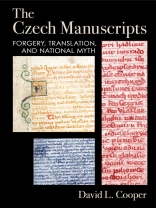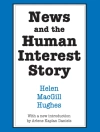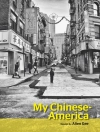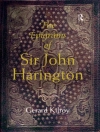The Czech Manuscripts is dedicated to one of the most important literary forgeries on the model of Macpherson’s Ossianic poetry. The Queen’s Court and Green Mountain Manuscripts, discovered in 1817 and 1818, went on to play an outsized role in the Czech National Revival, functioning as founding texts of the national mythology and serving as sacred works in the long period when they were considered genuine.
A successful literary forgery tells a lot about what a culture wants and needs at a particular moment. One fascinating aspect of this story is how a successful fake was able to function in an integral way as part of the Czech cultural revival of the nineteenth century, both because it played to expectations and nationalist values and because it met real cultural needs in many ways better than genuine historical literary works and artefacts. Also fascinating is the vainglorious Václav Hanka, a prolific and dedicated forger who was likely the center of the conspiratorial ring that created the manuscripts and who went on as the librarian of the Czech National Museum to alter a number of others.
David Cooper analyzes what made the Manuscripts a convincing imitation of their Serbian and Russian models. He looks at how translation shaped their composition and at the benefit ofexamining them as pseudotranslations, and investigates the quasi-religious rituals and commemorative practices that developed around them. The Czech Manuscripts brings the Czech experience into the broader developments of European history.
लेखक के बारे में
David L. Cooper is Associate Professor of Slavic Languages and Literatures at the University of Illinois, Urbana-Champaign. He is the author of Creating the Nation.












